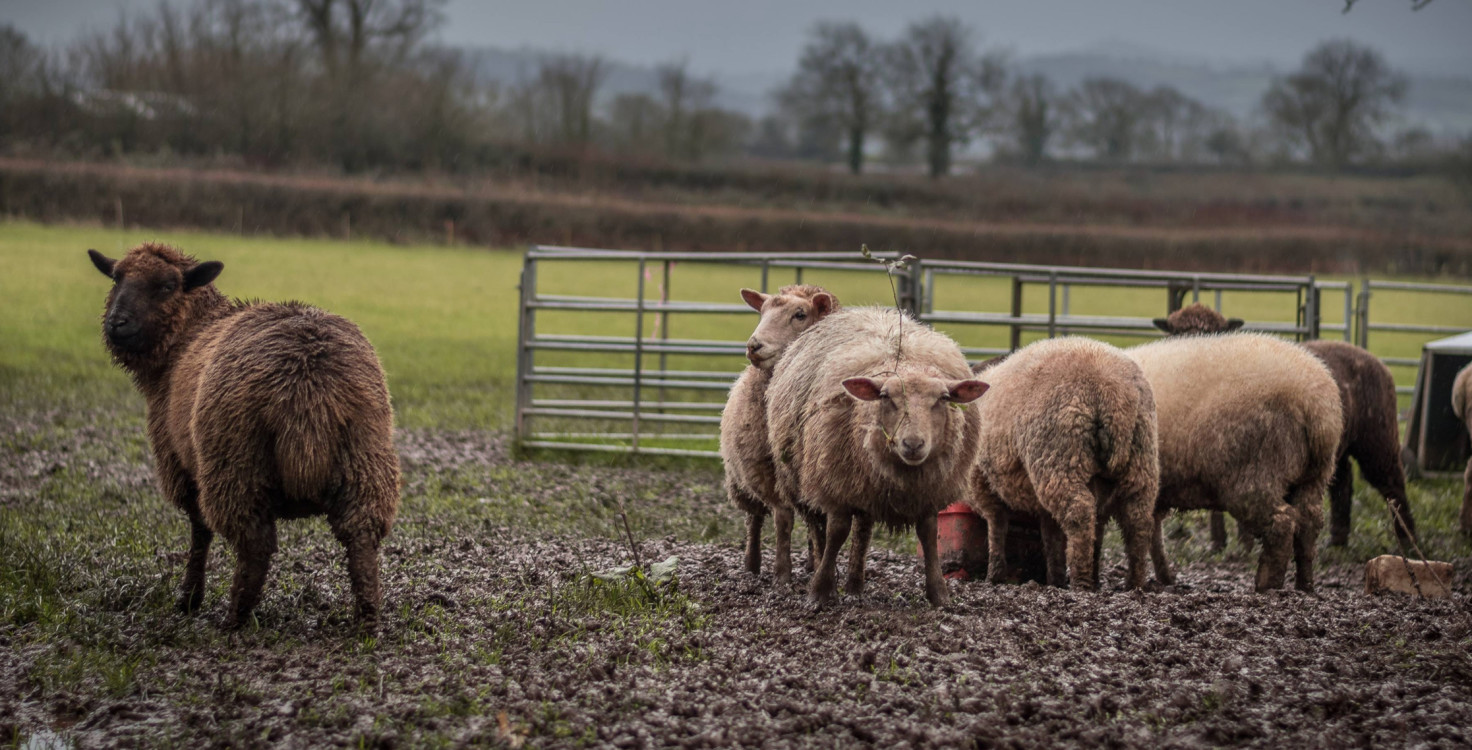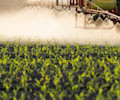Animal waste from concentrated feeding operations can contain contaminants, pathogens, growth hormones, antibiotics, chemicals, animal blood and more , risking water contamination, while emitting greenhouse gases.
Here we discuss the negative effects of animal waste and how to dispose of it safely, and the material threats facing investors on this issue.
Negative elements of animal waste
Animal waste runoff
The negative issues associated with animal waste include runoff, which can enter the ground water and subsequently the drinking water sources of both human and livestock, polluting them with high concentration of nitrates.
Large-scale production of animal waste and surface application of the waste to soils has also been shown to cause higher emissions.
Animal waste odour
Livestock waste is also a source of malodours originating from livestock buildings, storage, and field application of animal manures. The intensity of the smell is often unacceptable, especially where there are residential areas close by. In the US, this has led to a string of lawsuits against Smithfield Foods, a US subsidiary of Chinese pork producer WH Group. As of March 2019, the company had lost five lawsuits regarding nuisance claims from local residents, who complained that the bad odour from farms constituted a legal nuisance. One of those cases resulted in the jury fining Smithfield Foods $473.5 million in damages. The fine was capped at $94 million in line with Carolina state law.
Animal waste greenhouse gas production
Animal waste/manure management causes 9.5% of all GHG emissions from global livestock production. The application of manure as crop fertiliser and deposit of manure in open systems makes up a further .
Animal waste impacts on investors
Poor waste management exposes animal protein producers to potential financial, regulatory, and social backlash. Although there are some examples of good practice in the industry – indeed waste and pollution was the best managed of the sustainability risks examined by the Coller FAIRR Index in 2018 – many companies are not managing waste responsibly. These firms face increased scrutiny about the impact of waste on surrounding communities and the environment.
Mitigation and reduction of impact
Animal waste must be carefully disposed of to avoid harm to waterways and the wider environment. Pooling waste in deep pits or manure lagoons has been the method of choice for years because of its low cost and convenience. However, the conversion of livestock waste into environmentally-friendly products, such as biogas and compost, is now seen as a preferred alternative.
Investors can use data in the Coller FAIRR Index to assess portfolio companies’ performance on this issue and support engagement to improve corporate performance.











